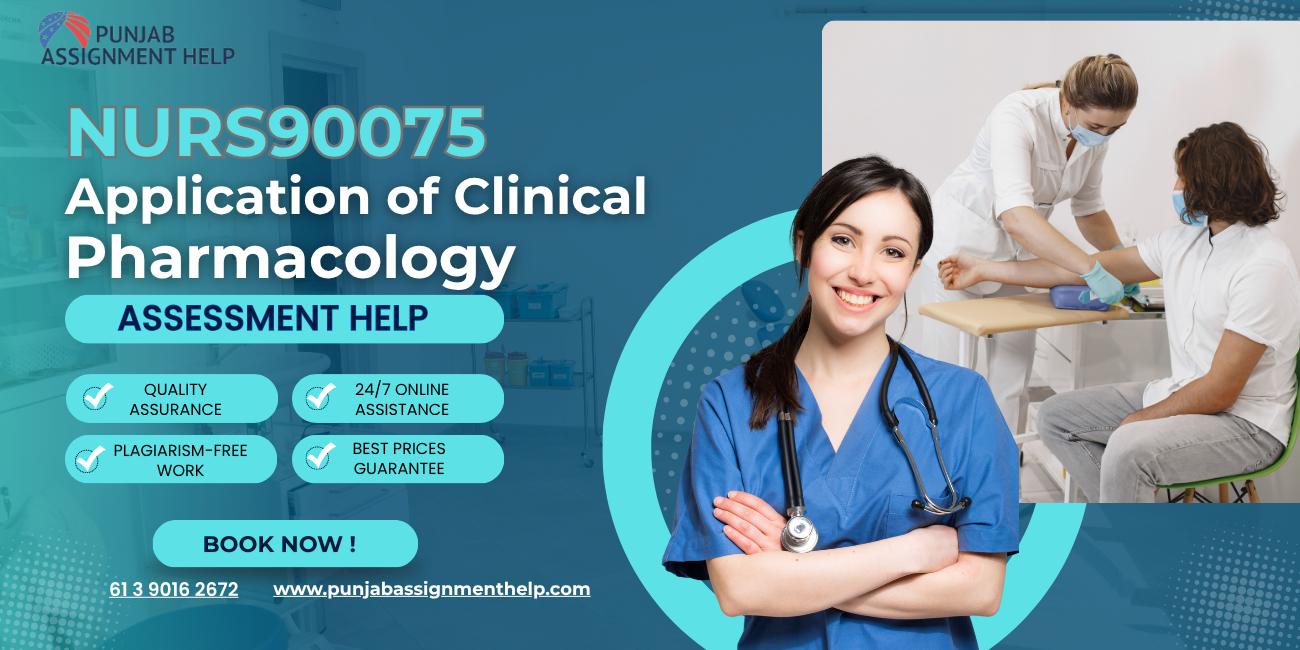
Mrs S. Koomal (she/her) is a 58-year-old Indigenous woman who lives in a public community housing with her adult son. Mrs Koomal has a complex health profile and is currently receiving various support services from a local community health organisation (e.g. Co health). Her medical histories include type 2 diabetes, emphysema, congestive heart failure, chronic kidney disease, anxiety and depression, and obesity. Her medications include the following:
Due to her poorly controlled diabetes, the doctor at the community health center has prescribed a new medication, Ozempic (Semaglutide 0.25mg/0.5mg per dose, 1.5mL prefilled pen, subcutaneous). The dose prescribed was 0.25mg until review. When Mrs Koomal’s son went to fill the prescription, the pharmacy staff did not provide any counselling on how to administer the Ozempic. Hence, Mrs Koomal has been administering the Ozempic everyday (0.25mg once daily). After two weeks, Mrs Koomal and her son visited the community health center for a general follow-up. When you (nurse) measured her blood glucose level (BGL), the reading showed 3mmol/L. At the same time, Mrs Koomal told you that she has been feeling dizzy and weak over the last week. Mrs Koomal and her son are now referred for education in relation to her medication management.
The purpose of this task is to critically analyse the patient scenario in the context of pharmacology and apply the principles of the Quality Use of Medicines to develop an education session that covers medication management aspect for the patient, family member or the carer. In critical analysis of the patient scenario, you will apply scientific judgement, and contemporary evidence from a range of sources to underpin the use of pharmacological therapies and management of medication regimes. You are expected to integrate evidence from a variety of information sources including the peer-reviewed literature, clinical practice guidelines and the Australian Quality Use of Medicines Framework.
This task will expand your knowledge of medications regarding the basic principles of pharmacology, including pharmacodynamics and pharmacokinetics and will assist you in developing an education session that covers medication management aspect for the patient, family member or the carer. This task should be written in an essay-like format with full sentences, paragraphs, and references.
A complete response will include a clear introduction, essay body divided into sections, and a conclusion.


Get original papers written according to your instructions and save time for what matters most.